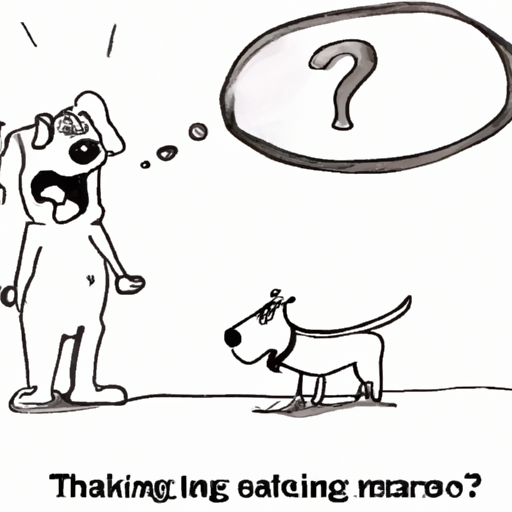As a caregiver, you’ve probably experienced your fair share of dog barks. You wonder: Why do dogs bark at you? This guide will provide you with answers and solutions to better understand your canine friend.
1. Understanding The Bark
Dogs, like humans, have their language. Barking is a form of communication used by dogs to express various emotions. Sometimes, it’s a call for attention; other times, it’s a sign of distress.
Different Types Of Barks
-
Warning: This is a loud and continuous bark. It usually means there’s an intruder or a potential danger.
-
Happy: This bark is playful and light. It often happens when dogs are excited or pleased.
-
Anxious: This is a high-pitched bark. It signifies that the dog is feeling anxious or scared.
2. Common Reasons Dogs Bark
Here are some of the reasons why your dog might be barking at you:
- Attention-seeking: Dogs might bark to grab your attention, especially if they’re bored or lonely.
- Fear or Anxiety: Any form of fear, be it of strangers, other animals, or loud noises, can cause dogs to bark.
- Hunger: If your dog is hungry, they might bark at you to let you know it’s mealtime.
- Pain or Discomfort: If your dog is in pain, they might bark as a way to communicate their discomfort.
3. How To Respond To Barking
Understanding why your dog is barking is the first step. The next is responding appropriately to their barking.
- Ignore: If your dog is barking for attention, ignoring them can show them that barking won’t get them what they want.
- Train: Teach your dog the ‘quiet’ command. This can take time and patience, but it’s worth it in the end.
- Consult a Vet: If the barking is due to pain or discomfort, it’s best to consult a vet immediately.
4. Preventing Excessive Barking
Here are some ways you can prevent excessive barking:
- Regular Exercise: Regular physical and mental stimulation can help reduce barking.
- Proper Training: Teaching your dog to be quiet on command can be beneficial.
- Positive Reinforcement: Reward your dog when they stop barking on command.
| Strategy | Benefits |
|---|---|
| Regular Exercise | Keeps the dog mentally and physically stimulated |
| Proper Training | Enables better communication with your dog |
| Positive Reinforcement | Encourages good behavior |
5. FAQ
Q: Why does my dog bark at strangers?
A: It could be due to fear, territorial behavior, or lack of socialization.
Q: What can I do if my dog barks excessively?
A: Try to understand the cause of the barking. If it’s due to fear or anxiety, consult a professional. If it’s attention-seeking, proper training could help.
Q: Can certain breeds be more prone to barking?
A: Yes, some breeds are more vocal than others. However, individual dog personalities also play a role.
Remember, patience and understanding are key when it comes to handling barking. Every bark is a conversation. So, listen carefully and respond appropriately.



